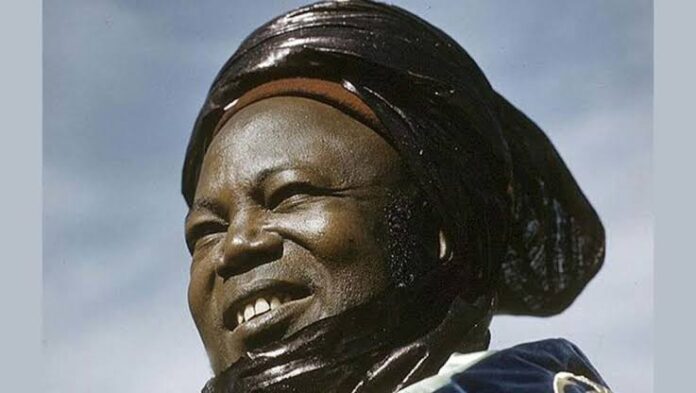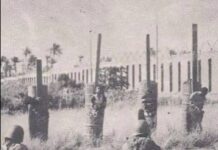Sardauna of Sokoto, Israel & Northern Nigeria: Complex relations and diplomatic struggles
In March 1958, Israel’s Foreign Minister Golda Meir embarked on a five-day visit to Nigeria, meeting with officials in the West and East who received her warmly and hosted official receptions. However, her visit was met with initial resistance from the Federal Government, largely due to the influence of the Northern People’s Congress (NPC). Eventually, under pressure from the National Council of Nigeria and the Cameroons (NCNC), Prime Minister Tafawa Balewa welcomed Meir and even expressed concerns about Egyptian President Gamal Abdel Nasser’s growing influence in Africa. Meir left Nigeria impressed by Balewa, describing him as an exceptional leader and diplomat.
Despite Balewa’s openness, Israeli officials understood that true political power lay with the Sardauna of Sokoto, Ahmadu Bello, who had successfully blocked Meir’s visit to Kaduna, the Northern stronghold. Reports highlighted a deep divide within the NPC, with Kaduna’s leadership adopting a hardline stance against Israel, while the NPC’s Lagos faction was more accommodating. During a meeting with Malam Zanna Bukar Dipcharima, Nigeria’s Minister of Commerce and Industry, Israeli diplomat Michael Cohen observed a marked departure from the Sardauna’s policies. Dipcharima assured Cohen that many NPC leaders admired Israel’s achievements and dismissed claims of anti-Israeli sentiment, emphasizing that Northern Muslims were not fanatical and maintained only nominal ties with the broader Muslim world.
A major diplomatic breakthrough occurred on September 28, 1960, when the Sardauna met Israeli officials, including Moshe Dayan, Israel’s Minister of Agriculture, at the home of Muhammadu Ribadu, Federal Minister of Land and Mines, in Lagos. Dayan sought to clear the air and establish friendly relations, assuring the Sardauna that Israel had no ill intentions toward Northern Nigeria. However, tensions persisted, as evidenced by a scathing editorial in the Northern Daily Mail, which proclaimed that Northern Nigeria would not accept aid from Israel and accused the Jewish state of American-controlled interference.
READ ALSO: Tariq Ibn Ziyad, the bold conqueror who changed the course of history
In July 1961, the Sardauna launched a diplomatic tour of Pakistan, Sudan, Turkey, Lebanon, Jordan, and Egypt, using the platform to denounce Israel’s actions and express solidarity with Palestinian refugees. In Beirut, he declared that Nigeria’s ties with Israel would remain insignificant as long as he held power, and in Jordan, he criticized Israeli influence in Nigeria’s Western and Eastern regions while highlighting the North’s resistance. At a press conference in Cairo, he accused Israelis of imperialist ambitions, a sentiment that resonated across much of the Arab world.
Nevertheless, by 1962, certain Northern leaders within the NPC, including Ribadu and Dipcharima, engaged in negotiations with the Israeli firm Dizengoff West Africa (DWA) to establish a joint corporation. Despite assurances from Israel’s Ambassador Hanan Yavor that no action would be taken without the Sardauna’s approval, tensions escalated as the Northern Regional Government publicly distanced itself from any dealings with Israel.
The diplomatic standoff continued, with sporadic economic cooperation failing to bridge the divide. In 1965, during a visit to Jordan, the Sardauna reiterated his staunch opposition to Israeli presence in Northern Nigeria, famously declaring, “To my mind, [Israel] does not exist. And it will never exist.” He voiced similar sentiments at the World Islamic Conference in Mecca, condemning Israel’s treatment of Palestinians and vowing to resist any Israeli influence in Nigeria.
By January 1966, Israeli diplomat Chelouche reported little hope of improving relations with the Northern Region due to the Sardauna’s influence. Twelve days later, the Sardauna was assassinated in a coup that marked the beginning of Nigeria’s turbulent descent into the Nigeria-Biafra civil war.
Follow the Neptune Prime channel on WhatsApp:
Do you have breaking news, interview request, opinion, suggestion, or want your event covered? Email us at neptuneprime2233@gmail.com





